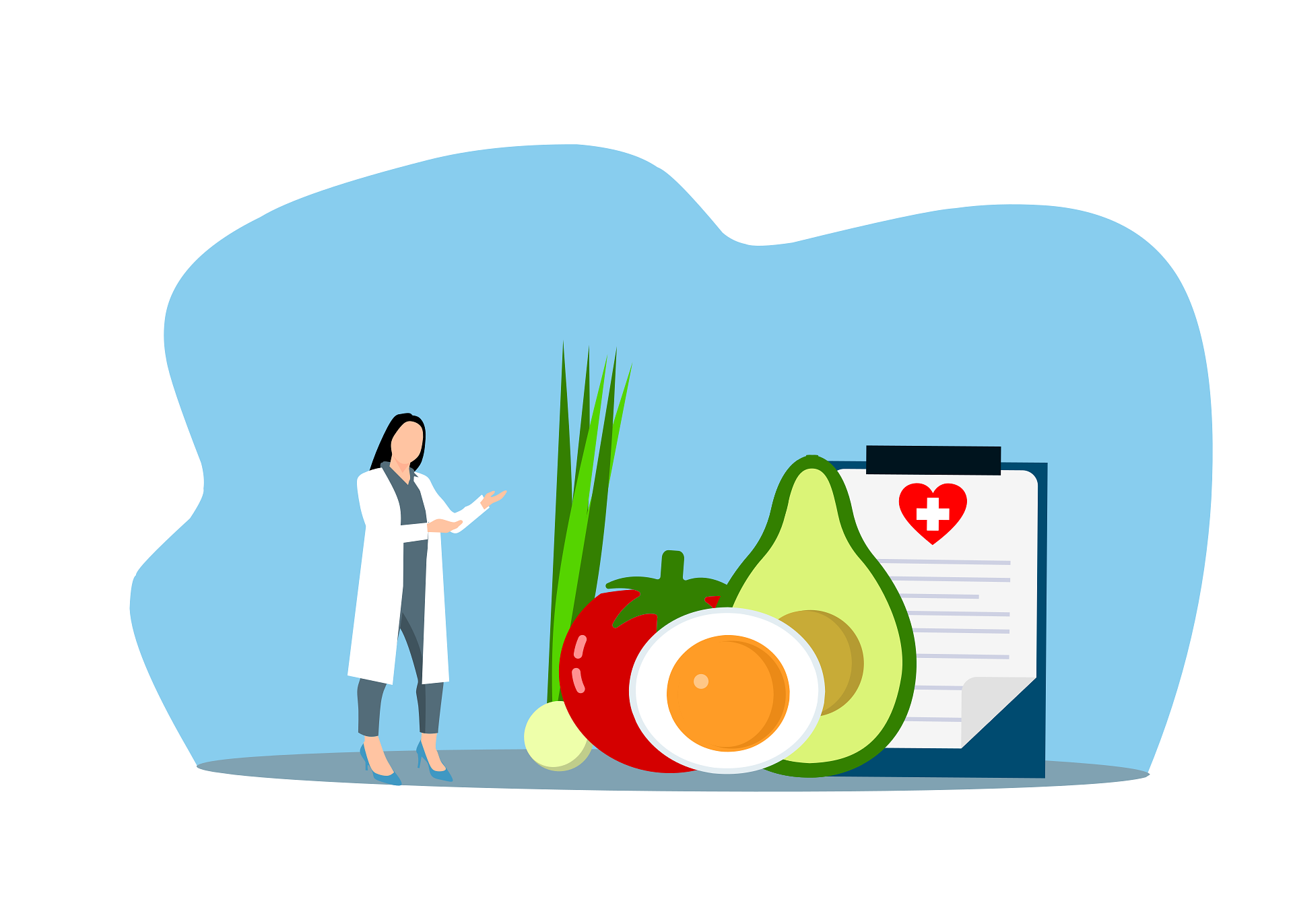
In recent years, the ketogenic diet has gained immense popularity for its potential benefits in weight loss, improved mental clarity, and increased energy levels. The foundation of the keto lifestyle lies in the careful selection of foods that promote ketosis – a metabolic state where the body burns fat for fuel instead of carbohydrates. In this comprehensive guide, we will delve into the diverse array of keto diet foods, offering insights into the essentials that can help you embark on a successful and sustainable ketogenic journey.
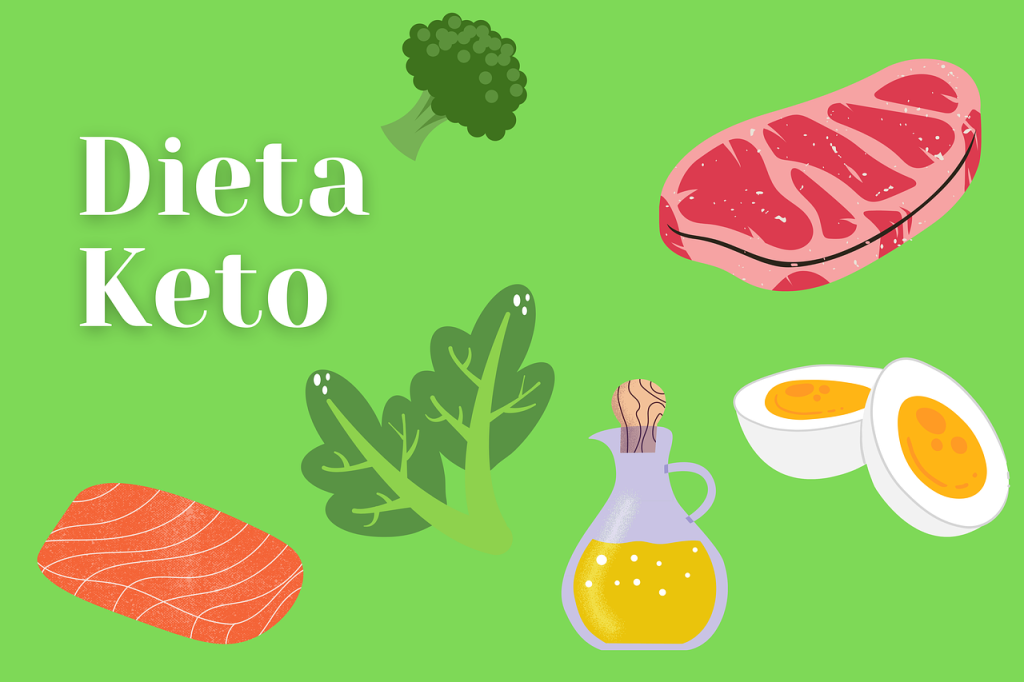
Understanding the Keto Diet:
The ketogenic diet is characterized by a low-carbohydrate, high-fat, and moderate-protein intake. The primary goal is to induce a state of ketosis, where ketones are produced from fat by the body, and break down to serve as an alternative energy source. This shift in metabolism is believed to promote fat loss, enhance mental clarity, and stabilize blood sugar levels.
Essential Keto Foods:
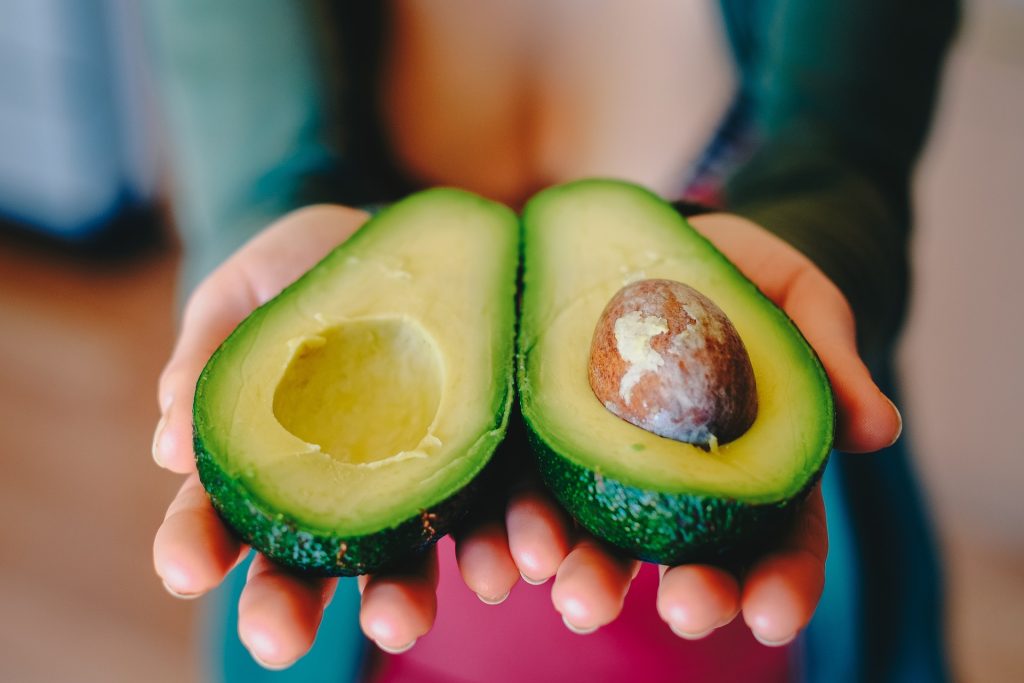
- Healthy Fats:
- Avocado: Packed with monounsaturated fats and fiber, avocados are a keto-friendly fruit that supports satiety and provides essential nutrients.
- Olive Oil: Extra virgin olive oil is a staple in the keto diet, rich in heart-healthy monounsaturated fats and antioxidants.
- Coconut Oil: A source of medium-chain triglycerides (MCTs), it can serve as a quick energy source as coconut oil can be easily converted into ketones.
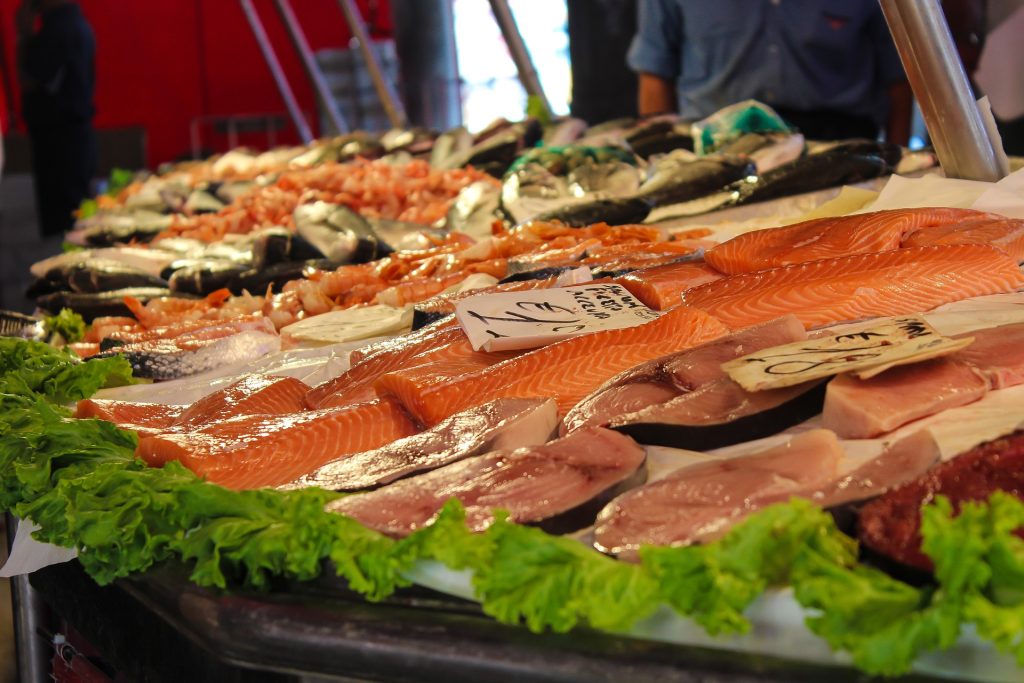
- Protein Sources:
- Fatty Fish: Salmon, mackerel, and sardines are not only rich in omega-3 fatty acids but also high-quality protein are provided for maintaining muscle mass.
- Poultry: Chicken and turkey are lean protein sources, while dark meat offers additional healthy fats.
- Grass-Fed Meat: Beef, lamb, and other grass-fed meats contain a favorable omega-3 to omega-6 fatty acid ratio.
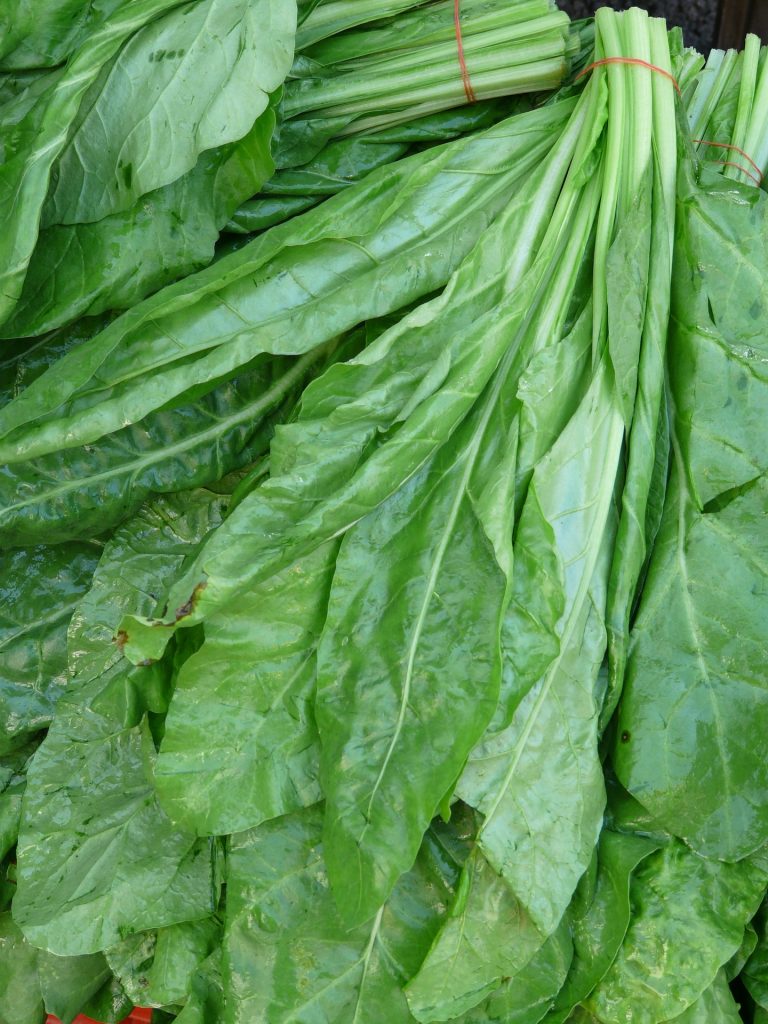
- Low-Carb Vegetables:
- Leafy Greens: Spinach, kale, and Swiss chard are low in carbs and high in essential vitamins and minerals.
- Cruciferous Vegetables: Broccoli, cauliflower, and Brussels sprouts are fiber-rich options that add variety to the keto plate.
- Zucchini and Asparagus: These low-carb vegetables are versatile and can be incorporated into a variety of keto-friendly dishes.
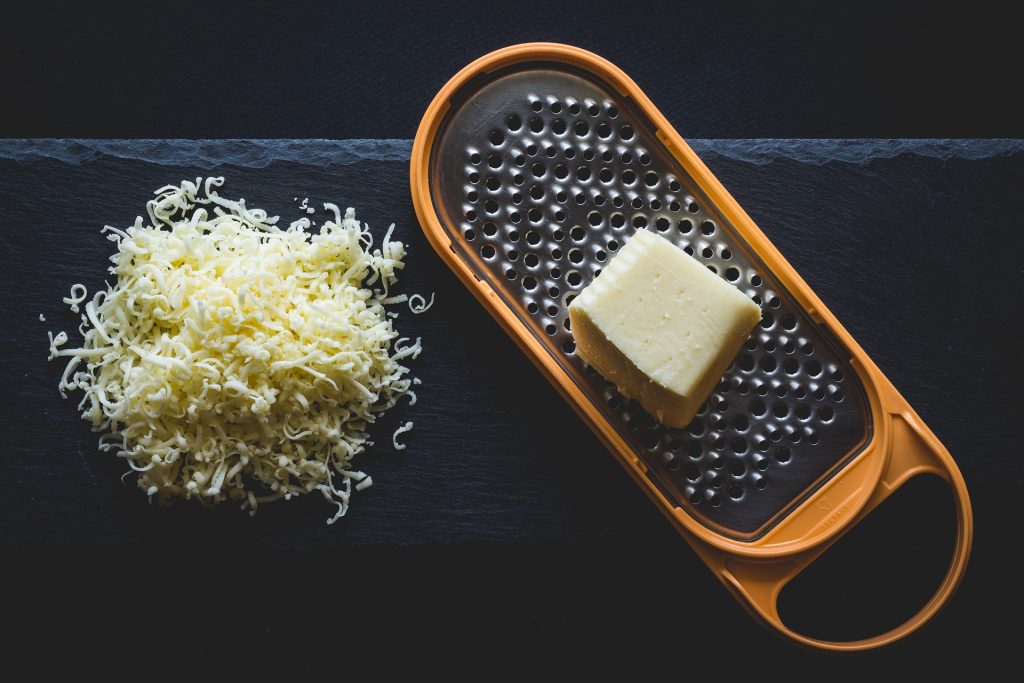
- Dairy:
- Cheese: High-fat cheeses like cheddar, mozzarella, and cream cheese are excellent sources of both fat and protein.
- Full-Fat Yogurt: Opt for full-fat, unsweetened yogurt with live cultures for gut health benefits.
- Butter and Heavy Cream: These dairy products can be used in cooking and a rich source of saturated fats can be provided.
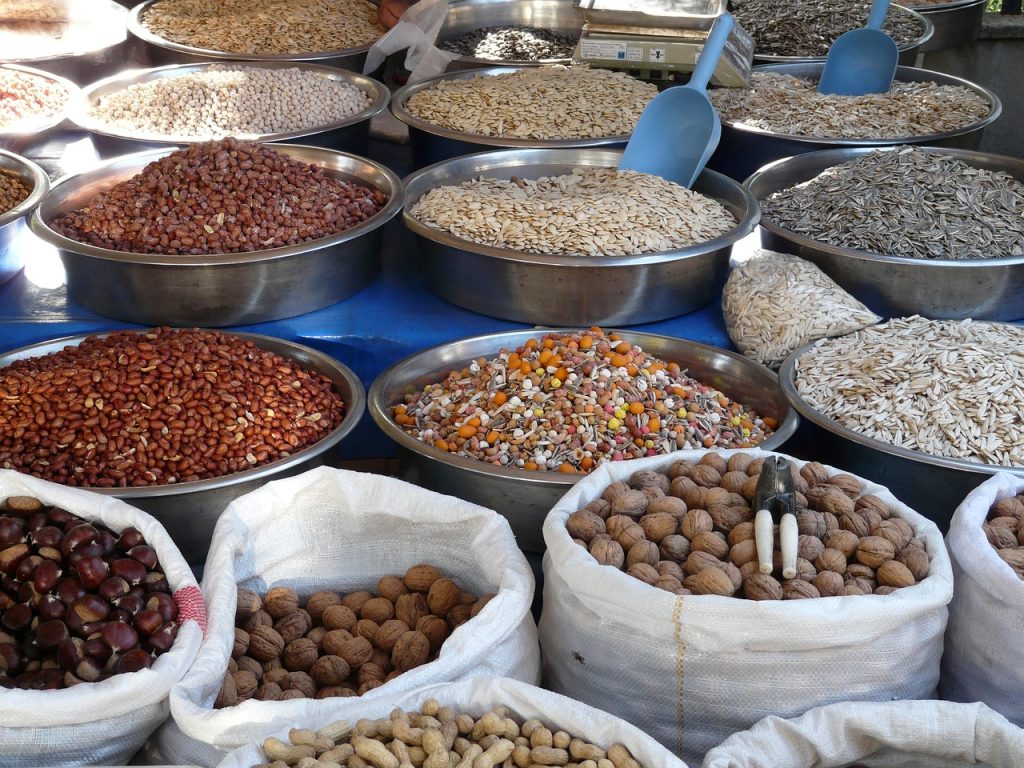
- Nuts and Seeds:
- Almonds, Walnuts, and Macadamia Nuts: These nuts are low in carbs and high in healthy fats, making them ideal for snacking.
- Chia Seeds and Flaxseeds: Rich in fiber and omega-3 fatty acids, these seeds can be added to smoothies or used in keto-friendly baking.
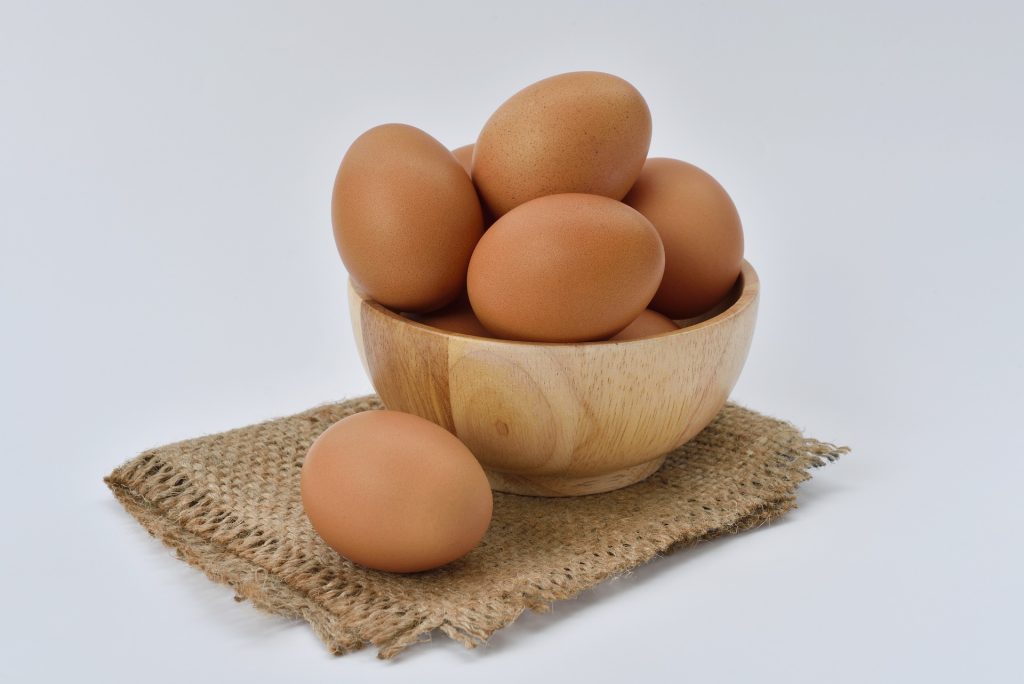
- Eggs:
- Eggs are a versatile and nutrient-dense food. An excellent source of protein and healthy fats are provided by the eggs.
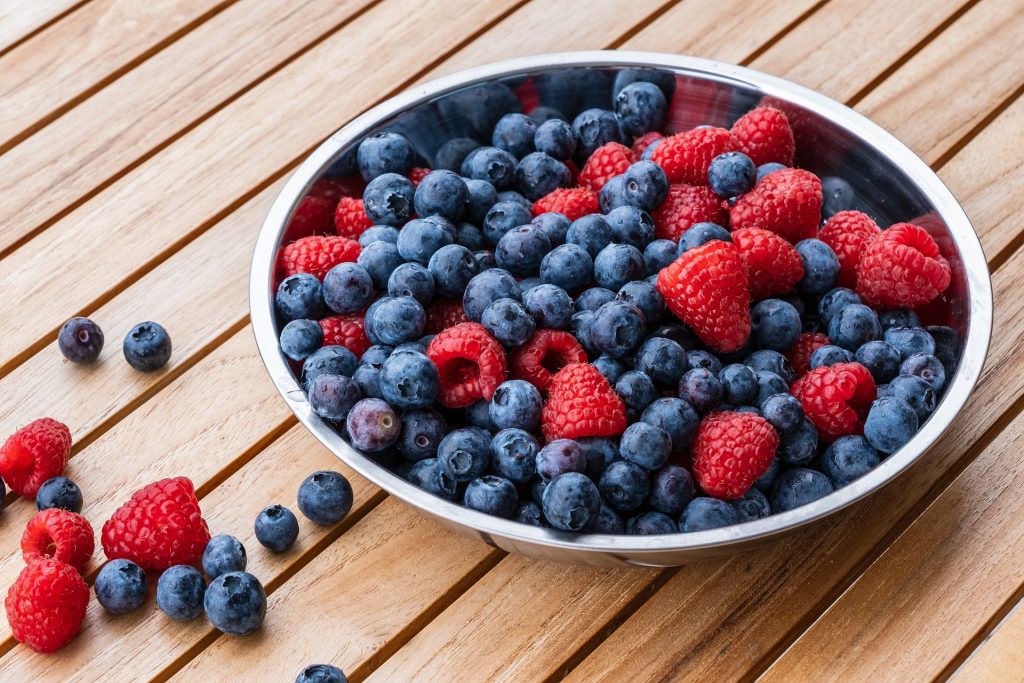
- Berries:
- While most fruits are restricted on the keto diet due to their high sugar content, berries like strawberries, blueberries, and raspberries can be consumed in moderation due to their lower carbohydrate content.
Conclusion:
Embarking on a ketogenic journey requires a thoughtful selection of foods that align with the principles of the diet. Incorporating a variety of healthy fats, quality protein sources, low-carb vegetables, and other keto-friendly foods can not only help achieve and maintain ketosis but also a balanced and nourishing diet can be ensured. As with any lifestyle change, consulting with a healthcare professional or a registered dietitian is advisable to tailor the ketogenic diet to individual needs and ensure long-term success. Armed with this comprehensive guide, you can confidently navigate the world of keto, making informed choices that support your health and well-being.







